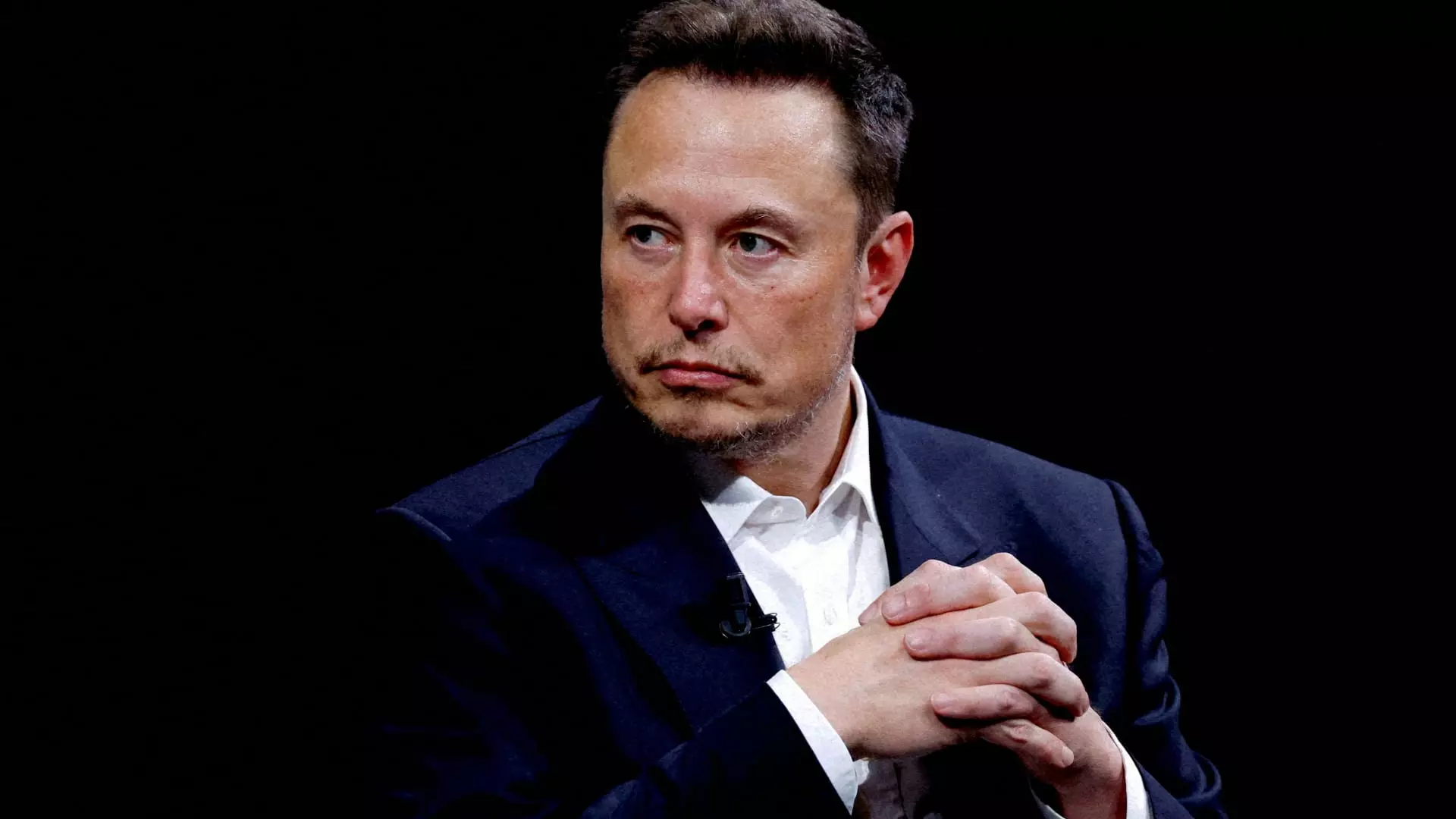Local Chinese authorities have made the decision to lift restrictions on Tesla cars after the company’s China-made vehicles met the country’s stringent data security requirements, according to an announcement made by the automaker on Sunday. This significant development came following a surprise meeting between Tesla CEO Elon Musk and Chinese Premier Li Qiang in Beijing, coinciding with the first major auto show to be held in the city in four years. Despite the popularity of Tesla’s electric cars in China, concerns had been raised previously over the data collection capabilities of these vehicles, leading to them being banned from certain government-related properties. While Tesla did not disclose the specific local authorities that had removed the restrictions, this move marks a positive step forward for the company in the Chinese market.
In addition to Tesla, several other automakers also saw their new energy vehicles passing China’s stringent data security requirements, as confirmed by the China Association of Automobile Manufacturers and the National Computer Network Emergency Response Technical Team/Coordination Center of China. The data security regulations for “connected vehicles” were introduced in November and apply to cars set to be released in 2022 and 2023, which manufacturers can choose to submit for inspection voluntarily. These rules encompass various aspects such as anonymizing facial recognition data outside the vehicle, refraining from collecting cockpit data by default, processing this data internally within the car, and ensuring users are adequately informed about the processing of their personal information. Tesla was among the first batch of automakers to meet these compliance requirements, having localized data storage in 2021 at its Shanghai data center and obtaining the ISO 27001 international standard for information security following an audit conducted by third-party assessors.
Despite the optimism surrounding Elon Musk’s visit to China and the anticipation of Tesla’s Full Self Driving software being made available in the country, JL Warren Capital CEO and Head of Research Junheng Li expressed skepticism about the feasibility of a “supervised” version of FSD being launched in China. Li highlighted the obstacles faced by Tesla in supporting the local operation of this software as a foreign entity within China, suggesting that there may be limited strategic value for Beijing in facilitating the domestic rollout of FSD when there are numerous high-quality local alternatives such as Xpeng’s driver-assist software. Premier Li’s visit to Xpeng and other companies at the Beijing auto show emphasized the importance of innovation and consumer demand in driving production within the automotive sector, underscoring the competitive landscape that Tesla navigates in the Chinese market.
Unlike previous years, Tesla opted not to exhibit at this year’s auto show in Beijing, a decision that has been consistent since an incident where a protester climbed onto one of its cars during the Shanghai auto show in 2021. The auto show, which alternates between Beijing and Shanghai on an annual basis, was not held in 2022 due to the impact of the Covid-19 pandemic. While Tesla’s absence from the show may raise questions about its presence in the Chinese market, the company’s focus on compliance with data security regulations and developing innovative technologies such as Full Self Driving underscores its commitment to meeting the evolving needs of consumers while navigating the complexities of operating within the Chinese automotive industry.

Leave a Reply